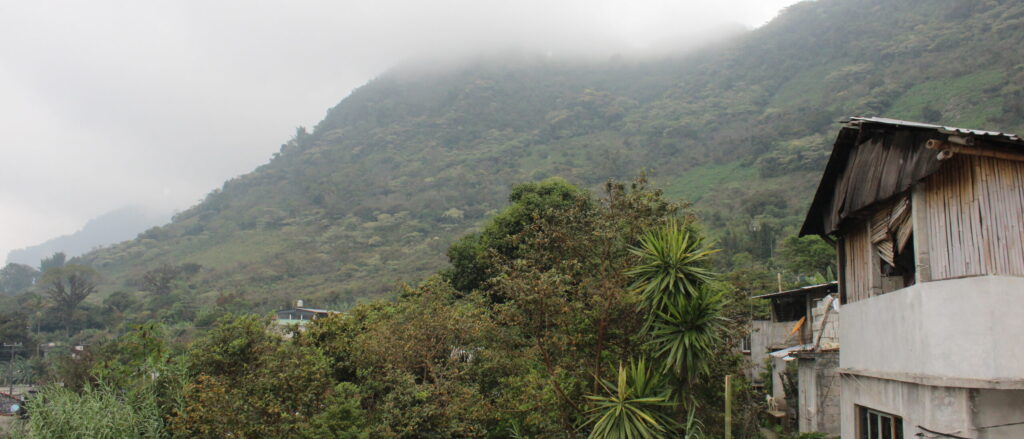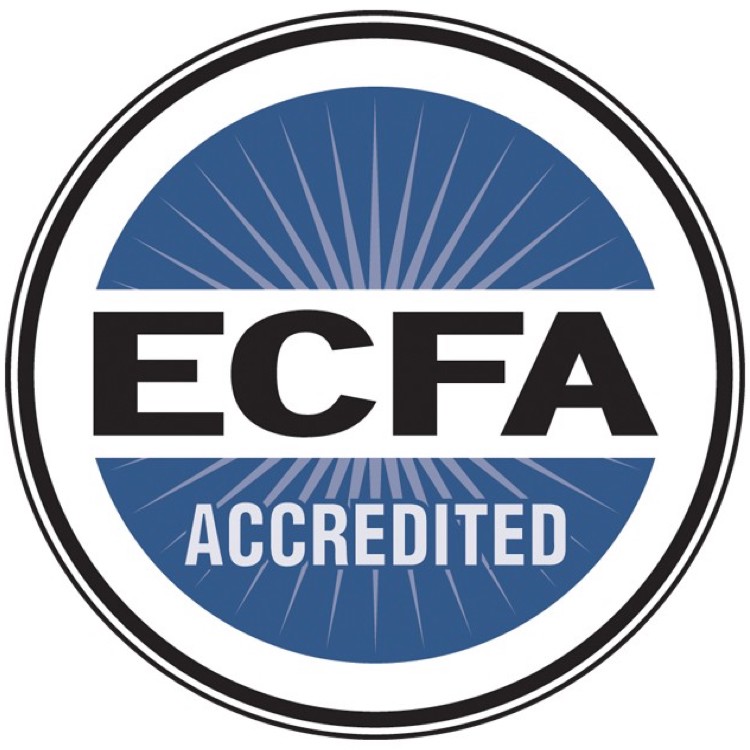Transformed hearts and lives is our ultimate goal. Before this is possible, we must rely on the work of faithful linguists who spend twenty or more years translating the Word of God into the indigenous language. After that, we record and distribute the scriptures, leading to transformation in individuals, families, and communities as they respond to the gospel.
Although the whole process sounds simple, it can be tiresome and tedious. First we must find one native speaker who can at least sound out the words in the target language we hope to record. Often Jim or one of our coworkers must travel by car, bus, and foot up and down dusty trails to meet with potential readers in the villages. Scheduling the recording is the next challenge, working around each recruit’s family, work, and community commitments, avoiding planting and harvest times, when most of the people are busy in their fields.
I’ll never forget the first dramatized New Testament we recorded in a village on the Pacific coast of Mexico. Our techs, Artie and Miguel, set up the equipment in a small unfinished room on the church property. The temperatures hovered around 100 degrees outside, and with the tin roof, the recording room was almost unbearable. A small fan and water bottles with sprayers provided minimal relief during their break times. No one complained. These guys are accustomed to working six days a week from early morning until late at night for up to twelve weeks, enduring any number of discomforts and inconveniences until the job is done well. They understand the importance of getting God’s Word into the hands of the people as quickly as possible.
This particular New Testament was recorded with 25 different voices. I refer to voices instead of readers, because most of the men and women who participated did not know how to read their own language yet. In this case one woman patiently read each phrase so the other 24 could repeat their different parts into the microphone. Artie and Miguel then edited out the pauses and miscellaneous noises to make the recording flow smoothly.
This “listen and repeat” process takes an extreme amount of patience, but Artie and Miguel have done it so often, they have become quite proficient at it. The final recording sounds professional, and no one would guess that most of the “readers” are in fact non‐literate, or that the laborious production process involved over 20,000 times of pushing the record button. Yes, you read that correctly: twenty thousand. Praise God for the patience and perseverance of our dedicated national workers who consistently go above and beyond the call of duty. Once the recording is finished and the people are listening to and studying God’s Word in their language, our technicians remember their village experiences and testify, “Vale la Pena.” Literally translated, they agree that “it is worth the pain.” The rich result of seeing hearts and lives transformed by the scriptures makes it all worthwhile.
Thank you for helping us finish the race.









